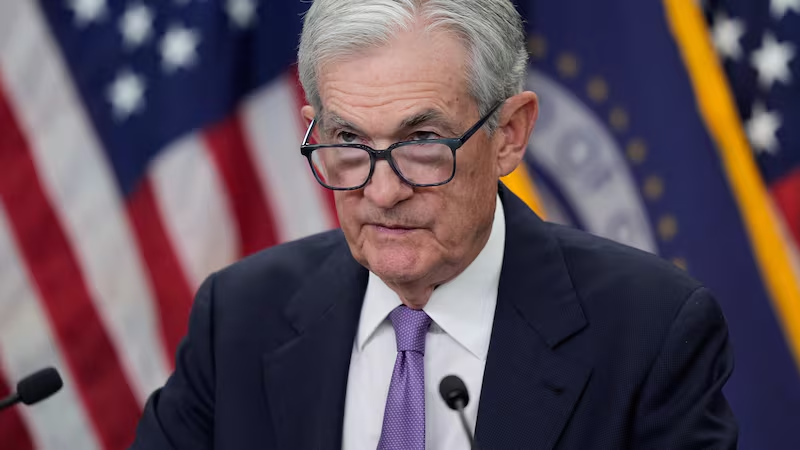News
Rent Freeze in Riyadh: Perspectives on Its Impact on the Property Market

5-Year Rent Freeze – Preliminary Views
The announcement of a five-year rent freeze came as unanticipated news to most stakeholders operating in the Riyadh market.
Whilst residential tenants may breathe a sigh of relief, investors, developers, and commercial tenants are taking stock — assessing potential impacts on portfolios, projects, and businesses.
Although it is too early to form conclusions, as more details are expected to emerge in the days ahead, some potential property-level impacts can be inferred from the experiences of other geographies and prevailing market views:
Cap Rates: While an increase in yield expectations — and consequently lower valuations — is considered the most obvious impact given restrictions on rental growth, the effect will ultimately depend on asset-level dynamics. A declining interest rate environment may provide some cushion.
Build-to-Sell: Investors are likely to redirect capital toward residential build-to-sell opportunities, in tandem with the White Land Tax, thereby boosting supply, moderating price growth, and softening rents.
Shorter Leases: Landlords may adopt a preference for shorter-term leases, as tenant turnover captures market rental growth. Conversely, commercial tenants typically seek longer-term leases to enable better planning.
Asset Management: With top-line growth restricted, managing costs and introducing service charges may become necessary. Deferred maintenance could also emerge as a real risk.
While the rent freeze will help tenants reduce occupancy costs and reinvest capital into their core businesses — thereby boosting overall economic activity — some unintended consequences for landlords and developers will need to be closely monitored. Success is likely to be found in proactive asset management strategies and well-structured investment deals.

